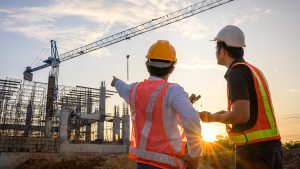
Arianne to receive government support
Arianne Phosphate says that the government of Canada has approved contribution funding of up to C$735,000 to support the company’s ongoing work on processing phosphate rock and optimising its purified phosphoric acid (PPA) process. The funding, provided through Natural Resources Canada’s Critical Minerals Research, Development and Demonstration programme, is part of a C$80.3 million investment announced by Prime Minister Mark Carney to help build secure critical minerals supply chains in Canada. Phosphate was added to the Canadian critical mineral list in 2024. Arianne’s Lac à Paul project is the only fully permitted phosphate mine in the country. Arianne is now actively pursuing opportunities for the downstream production of PPA, a necessary ingredient for lithium-iron-phosphate batteries.




